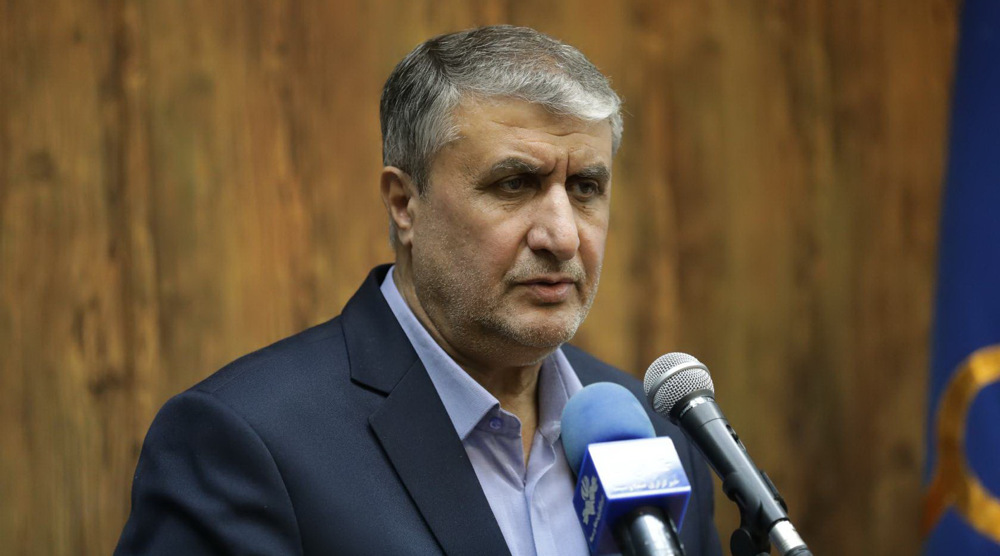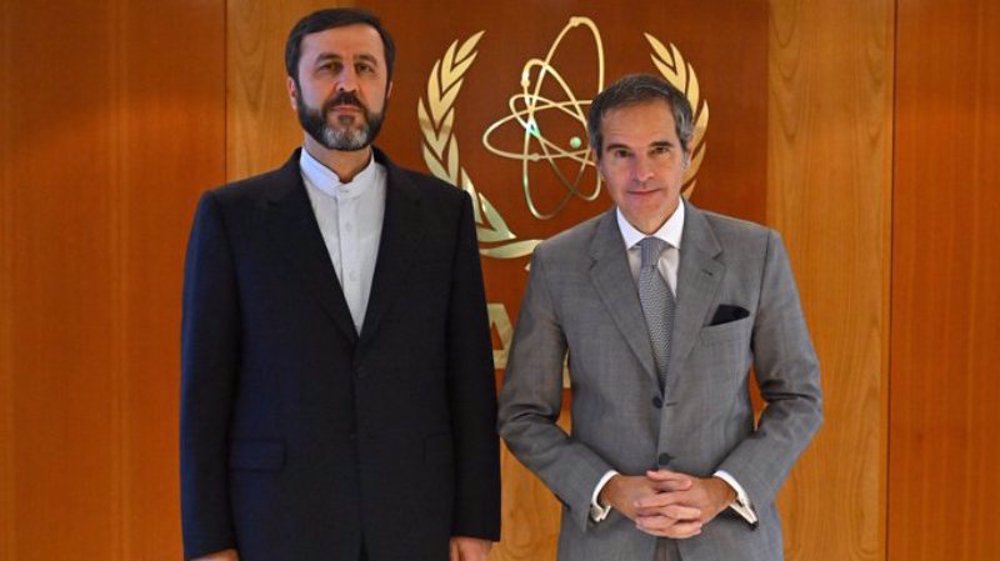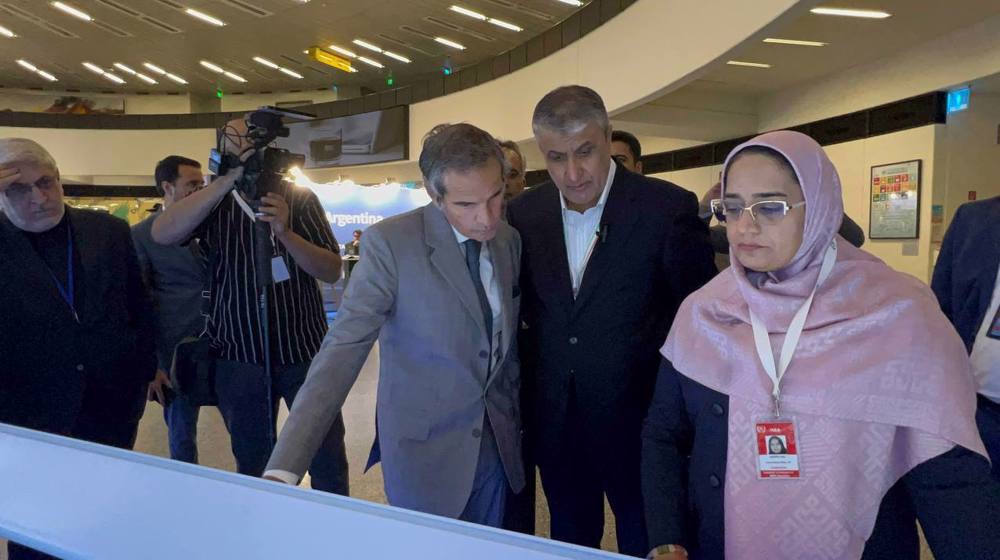Iran has devised various mechanisms to counter US sanctions: Diplomat
A senior Iranian diplomat says the Islamic Republic has not become completely disappointed with Europe to help offset sanctions imposed by the United States on Tehran but it has devised several mechanisms for any possible scenario.
Iranian Deputy Foreign Minister for Political Affairs Abbas Araqchi, who is in Madrid for talks with senior Spanish officials, made the remarks in an exclusive interview with IRNA on Saturday.
Earlier this month, the administration of US President Donald Trump announced the re-imposition of the “toughest” sanctions ever against Iran's banking and energy sectors with the aim of cutting off the country's oil sales and crucial exports. The announcement came after Washington withdrew in May from the landmark Iran nuclear agreement, officially known as the Joint Comprehensive Plan of Action (JCPOA), and decided to re-impose unilateral sanctions against Tehran.
Under the deal, reached between Iran and the P5+1 group of countries - the US, Britain, France, Germany, Russia and China - in 2015, Iran undertook to put limits on its nuclear program in exchange for the removal of nuclear-related sanctions.
A first round of American sanctions took effect in August, targeting Iran's access to the US dollar, metals trading, coal, industrial software, and auto sector.
Read more:
- EU, Asia leaders call for lifting sanctions on Iran
- US must swiftly revise sanctions pressure policy against Iran: Russia
- Russia, Germany slam US re-imposition of sanctions on Iran
- Sanctions will fail to hinder Iran's progress: AEOI chief
- Iran complying with JCPOA commitment despite US sanctions: IAEA
In response to a question about Iran's possible moves in case the Europeans succumb to US pressure, Araqchi said Tehran had devised all necessary preparations in different sectors and would carry out required measures in due time.
He noted that Iranian economic working groups were studying all ideas and ways to counter the US sanctions.
The senior Iranian diplomat said the Americans were threatening Europe that it would face sanctions if it cooperated with Iran in countering the US sanctions.
"This is against European countries' sovereignty and I think that the Europeans must decide whether they will adopt measures to safeguard their sovereignty and credibility or not," Araqchi pointed out.
Despite Washington's withdrawal, Iran has not left the landmark nuclear deal yet, but stressed that the remaining signatories to the agreement have to work to offset the negative impacts of the US pullout for Iran if they wanted Tehran to remain in it.
The other parties to the JCPOA have repeatedly announced that the deal is working and should stay in place.
Araqchi said on Friday that the US sanctions primarily violated Europe’s sovereignty, security and credibility rather than target Iran's economy.
"We are waiting to see how Europe will defend its sovereignty against Washington's pressure," he added.
Also in a meeting with Director General for Political Affairs at the Dutch Ministry of Foreign Affairs Andre Haspels in Tehran on Tuesday, Araqchi warned that the possible collapse of the historic nuclear agreement would certainly add to political complications in the Middle East.
"If the JCPOA collapses, it means the defeat of diplomacy and the dominance of bullying in the international arena and this issue will absolutely add to the political complications in the Middle East region," the senior Iranian diplomat added.
VIDEO | 70 Palestinians killed in Israeli strikes across Gaza Strip
US Election Day: First votes cast in New Hampshire
Nov. 4: ‘Axis of Resistance’ operations against Israeli occupation
Britons demand release of pro-Palestine activists
VIDEO | Israel's unwinnable war in Lebanon
Non-aligned nations condemn Israeli violation of Iran's sovereignty
IRGC: 10 foreign-backed terrorists killed, arrested in Sistan and Baluchestan
Iran calls on EU to end targeting ordinary Iranians after missile transfer claims refuted












 This makes it easy to access the Press TV website
This makes it easy to access the Press TV website